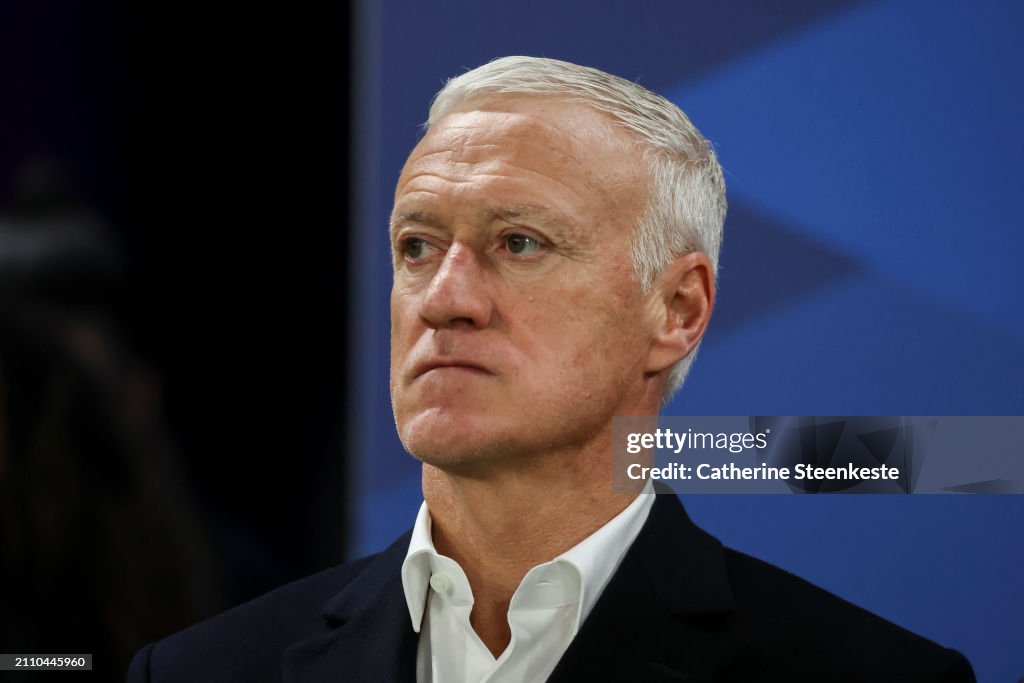William Saliba doesn't get much playing time with France, and coach Didier Deschamps has a clear reason for that. 'He does things that I don't like much.
Saliba, a key figure in Arsenal's lineup, finds himself in a different scenario when it comes to his national team, France, where his role is significantly reduced.
This situation garnered attention during a press conference where Didier Deschamps, the French national team coach, was asked to explain Saliba's limited involvement. Deschamps acknowledged Saliba's impressive performances at the club level but hinted at certain aspects of Saliba's play or perhaps his attitude that he finds less appealing. These undisclosed factors contribute to Saliba's restricted playing time when representing his country.
Deschamps elaborated on the team dynamics, highlighting the competitive environment within the squad. He mentioned Dayot Upamecano as an example of a player who has received more opportunities to play, suggesting that the selection process is influenced by a combination of factors including performance, compatibility with the team's tactical setup, and perhaps other intangible qualities that a coach looks for in a player.
In his explanation, Deschamps touched upon the concept of team hierarchy and player management, suggesting that not all players are treated equally. This approach is common in team sports, where a coach's strategy, player form, and specific match requirements can affect selection decisions. Deschamps's comments about Saliba being "less relaxed" due to his reduced playing time offer a glimpse into the psychological aspects of professional sports, where playing time can significantly impact a player's confidence and mental state.
Looking ahead, France is scheduled to play a friendly match against Chile. This fixture presents another opportunity for team selection and perhaps a chance for Saliba to impress, although Deschamps hinted that he might continue with the central defensive partnership of Upamecano and Benjamin Pavard. This decision underscores the challenge players face in securing a starting position, especially in highly competitive national teams like France, where depth and talent across positions can lead to tough decisions for the coaching staff.
Saliba's situation with the French national team serves as a reminder of the complexities involved in managing a squad filled with talented individuals. It highlights the delicate balance coaches must maintain between player development, team dynamics, and achieving the best possible results on the field.








